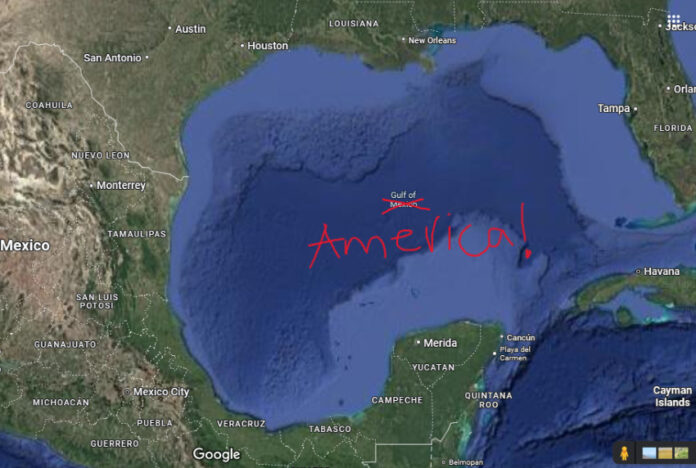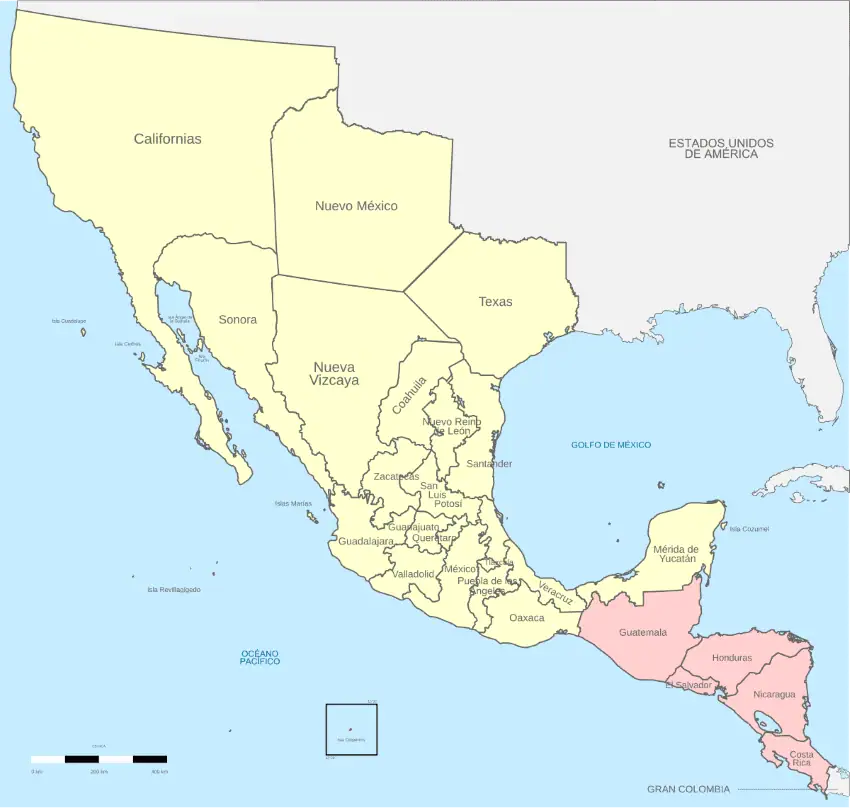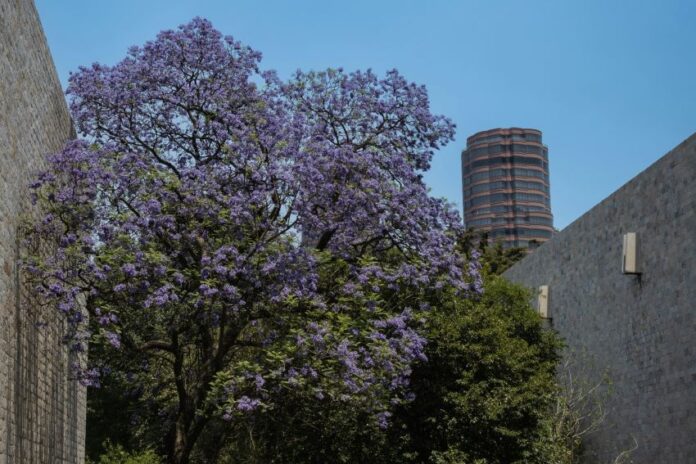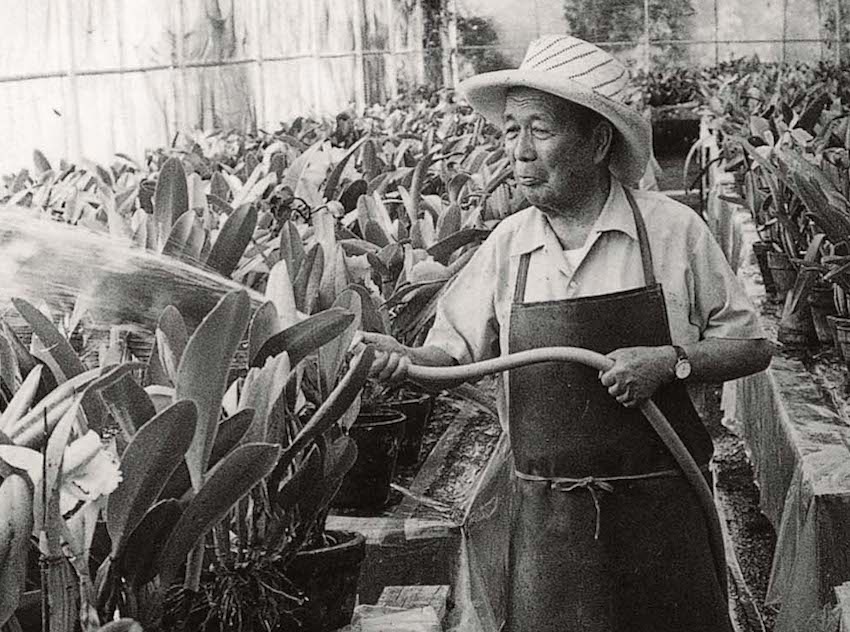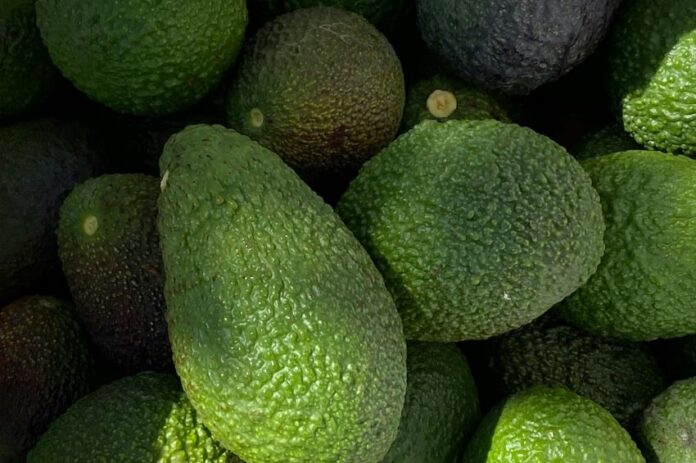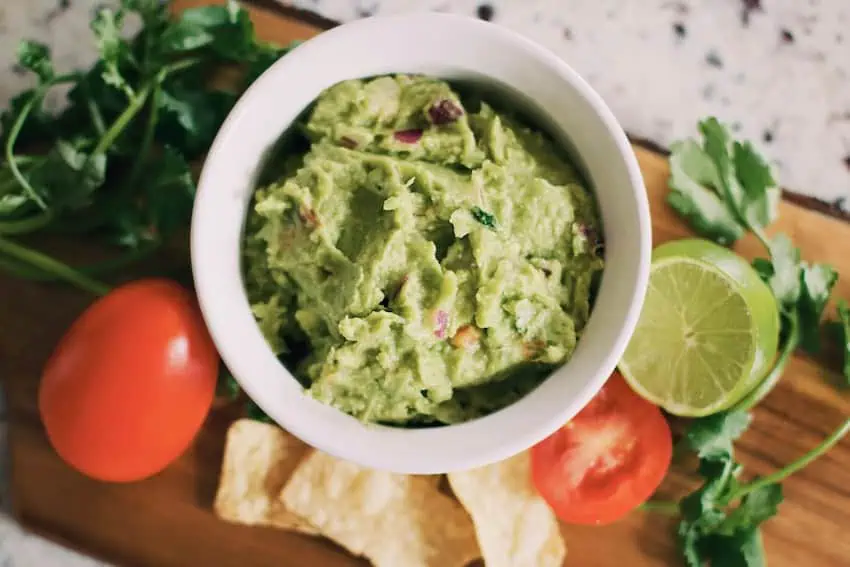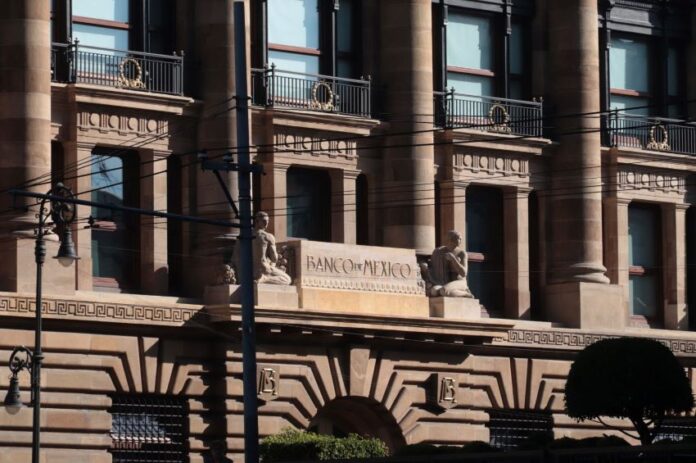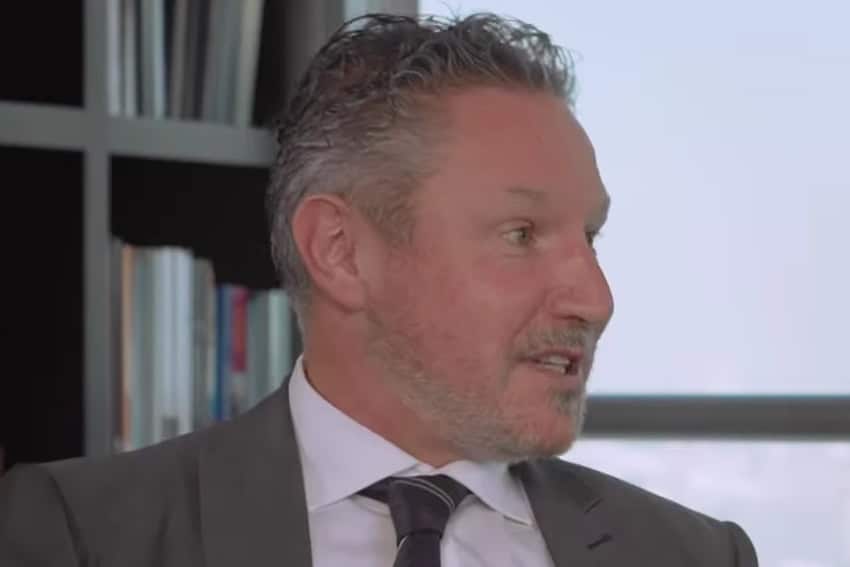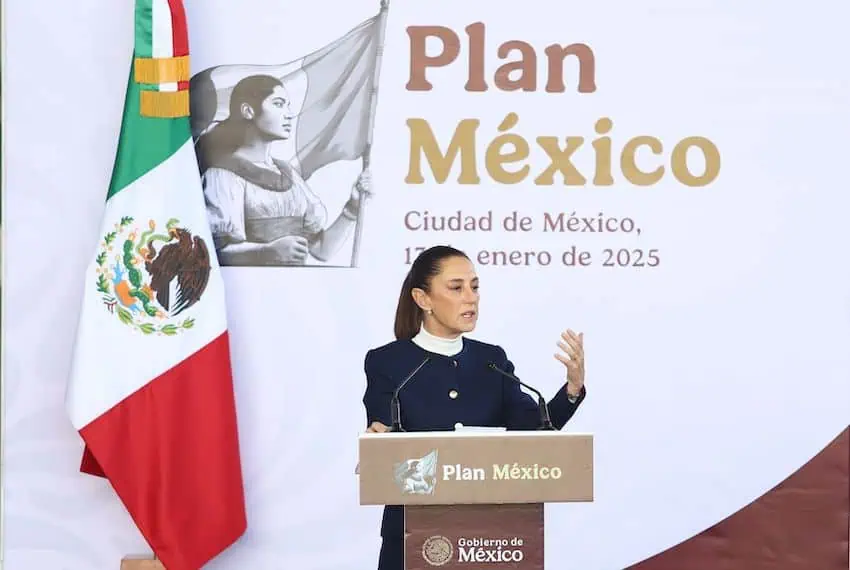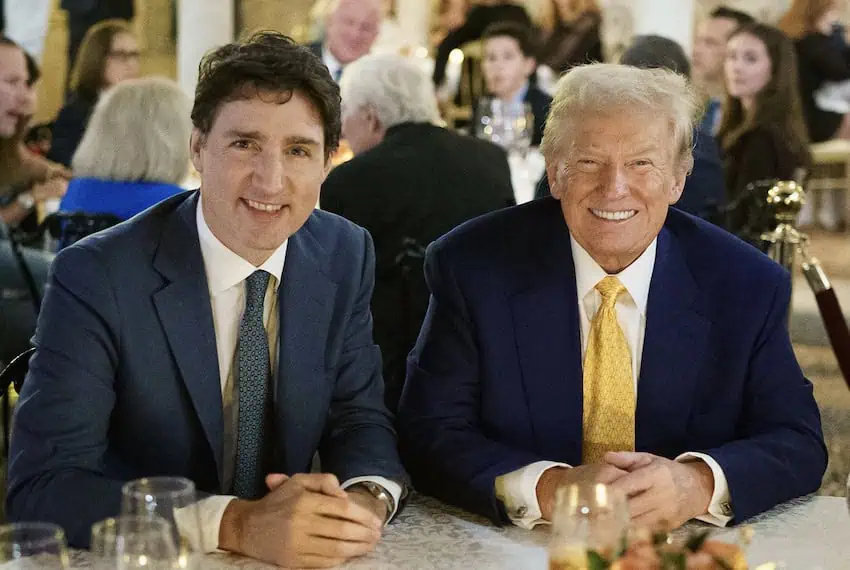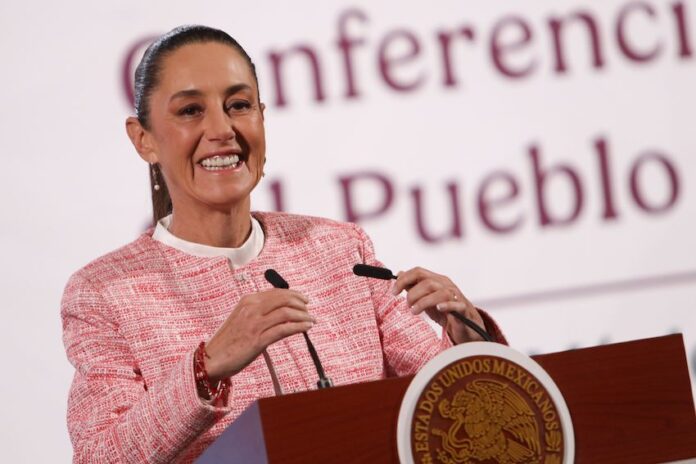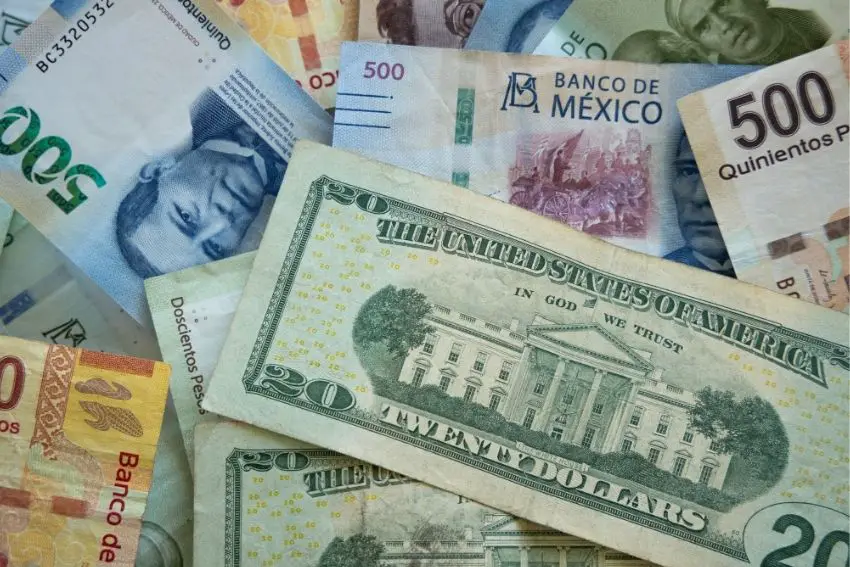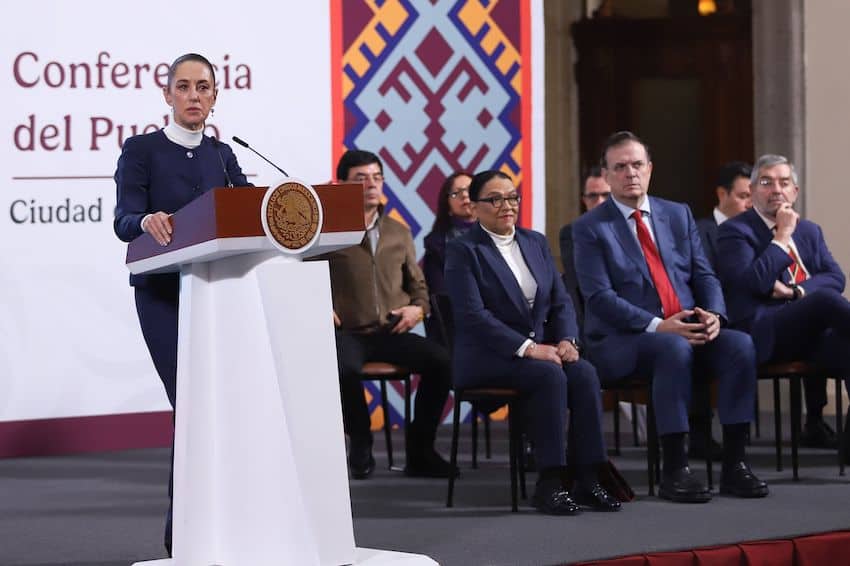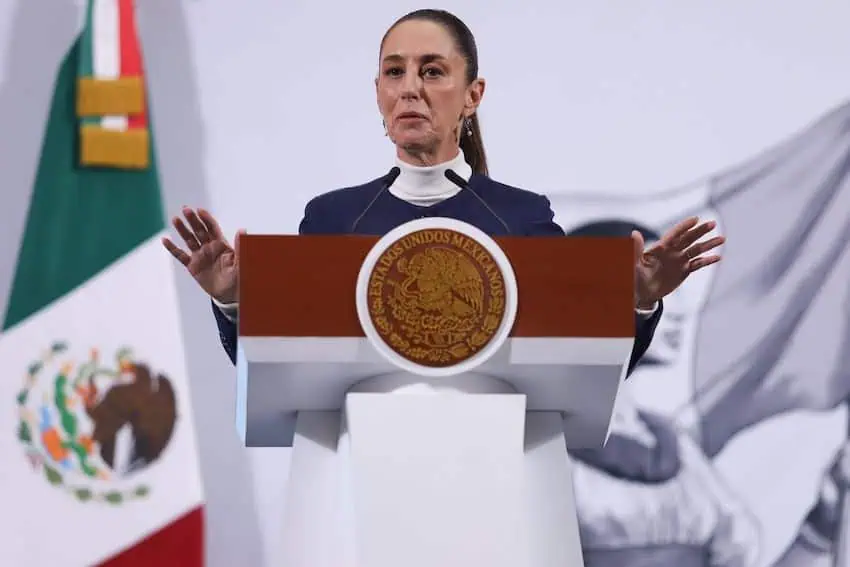The green heart of San Miguel de Allende offers a cherished breath of fresh air and serenity. Even though the walking paths, fountains and gardens of Parque Benito Juárez are always impeccable, a visitor can easily sense they have stood the test of time. This beloved park is a serene retreat where visitors can unwind on its inviting benches, wander along its pathways, or play in its basketball courts and playgrounds.
One of Parque Juárez’s most striking features is its French flair, typical of the Porfiriato era. This influence can be seen in the wide promenades and ornate fountains that were hallmarks of 19th-century landscaping with decorative wrought iron benches, sculpted hedges and elegant bridges. This design choice reflects the ambitions of the 40-year rule of Porfirio Díaz, which sought to modernize Mexico, including by emulating European aesthetics. To better understand this San Miguel icon, let’s take a look at the history of Parque Juárez, from its origins as a vibrant collection of orchards to its transformation into a beloved public park.
El Chorro, where it all began

Adjacent to the park lies an area known as El Chorro. This historic spot is tied to one of San Miguel’s foundational legends: guided by thirsty dogs, the Franciscan friar Juan de San Miguel is said to have discovered a natural spring here in the early colonial period. This discovery led to the creation of the town of San Miguel el Grande in 1542, named after the friar. Located on the important Camino Real, the town became a key stop along the silver route connecting to Zacatecas.
The De la Canal family, famously wealthy in 18th-century San Miguel de Allende, left their mark on the city through majestic landmarks still standing today. Among their many contributions was the construction of public amenities at El Chorro, including a chapel, restrooms and washbasins known as Los Lavaderos. By harnessing the natural spring, they provided essential services to improve the community’s daily life.
A visionary mayor transforms the city
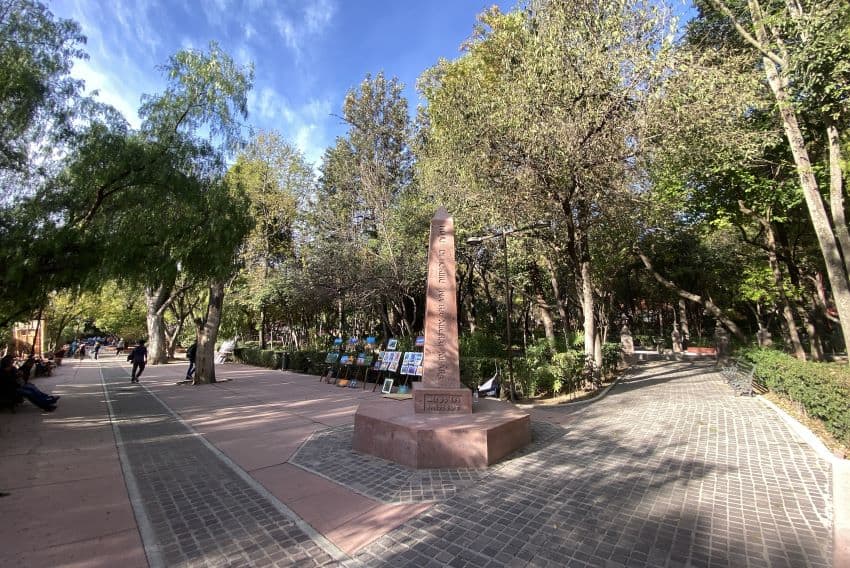
In 1895, San Miguel mayor Dr. Ignacio Hernández Macías began purchasing orchards with the vision of creating a public recreational space that would also enhance the town’s air quality. This initiative involved careful planning to transform vegetable gardens, once sustained by the springs of El Chorro, into a beautifully landscaped park.
In 1904, the park was officially inaugurated and named in honor of Joaquín Obregón González, Governor of Guanajuato. The park’s design featured trees at the entrances, sculpted hedges and lawns. Decorative walls and columns surrounded the area, while ornately crafted bridges crossed the water stream. A vibrant field of sunflowers encircled an impressive central fountain, which was complemented by two large cisterns installed to ensure a steady water supply in case the natural spring ran dry. In 1917, the park was renamed to honor former President Benito Juárez, a pivotal figure in Mexico’s history.
New features
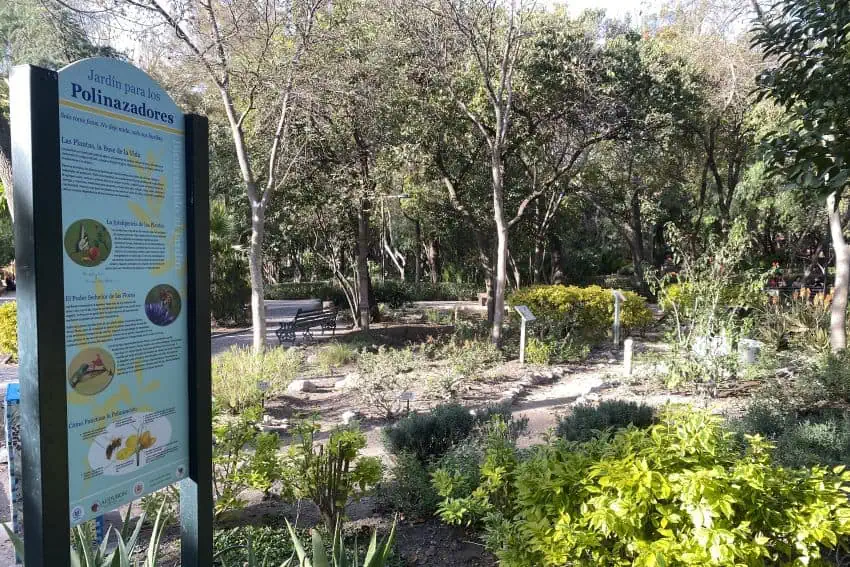
In 2015, the environmental organization Audubon de México created a pollinator garden within Parque Juárez, transforming a small area into a lush habitat for birds, bees and butterflies. This garden serves not only as a haven for the unsung heroes of the natural world but also as an educational space for visitors. Filled with plants that attract these essential creatures, the pollinator garden demonstrates the types of plants that can be incorporated into homes and schools. The initiative highlights the importance of preserving biodiversity and provides a tranquil spot within the park for nature lovers to appreciate the delicate balance of ecosystems.
Since the 1960s, Parque Juárez has evolved to meet the needs of its community. Jungle gyms were built to provide children playgrounds. While many of the smaller fountains have been preserved, the central fountain was removed to make space for an open-air theater, which was later replaced by basketball courts. The springs of El Chorro eventually dried up, leaving the park’s stream active only during rainstorms. The park’s transformation reflects a balance between honoring its history and adapting to modern needs.
A place for everyone
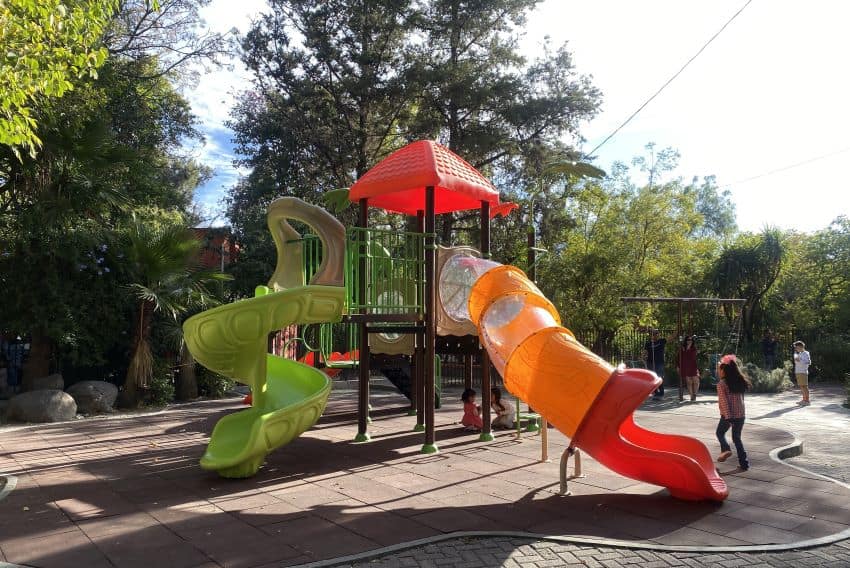
After marveling at the stunning Parroquia in San Miguel’s main square, a leisurely walk down Calle Aldama is the perfect way to get to Parque Juárez. Known as one of the most beautiful streets in the world, Aldama is a favorite backdrop for selfies and professional photo shoots that capture its stunning charm. At the end of Aldama, you’ll find yourself at the main entrance of Parque Juárez.
Once you arrive, the park envelops you in its own ecosystem, away from the city bustle. The weather feels different here, cooler and more humid among the lush plants and towering trees. The chirping birds perched in the canopy create a soothing symphony.
Parque Benito Juárez may not look the same as it did 100 years ago, but its spirit remains intact. Dr. Hernández Macías’s vision of a place where nature and recreation intertwine continues to thrive. Today, it is a central piece of San Miguel de Allende’s calm community pace. The park invites you to experience the charm and heritage of this enchanting town. As San Miguel continues to grow, the park stands as a reminder of the city’s commitment to preserving its natural and cultural treasures, blending past and present in a welcoming space.
Sandra Gancz Kahan is a Mexican writer and translator based in San Miguel de Allende who specializes in mental health and humanitarian aid. She believes in the power of language to foster compassion and understanding across cultures. She can be reached at [email protected]

